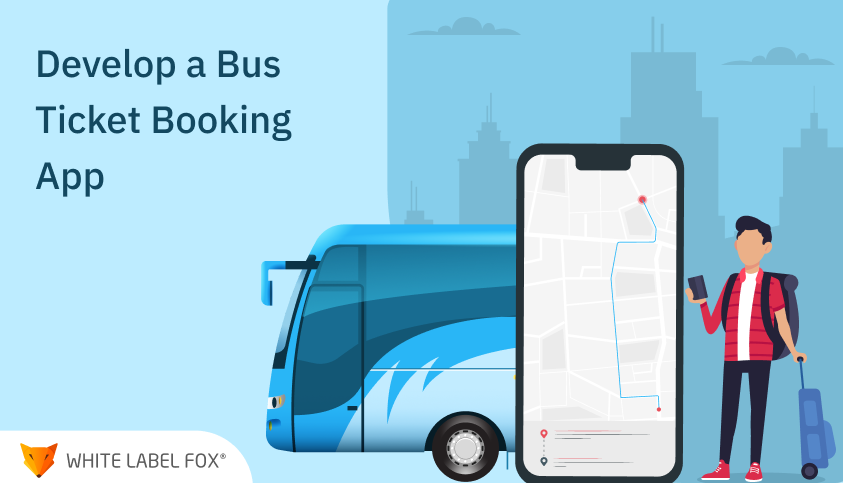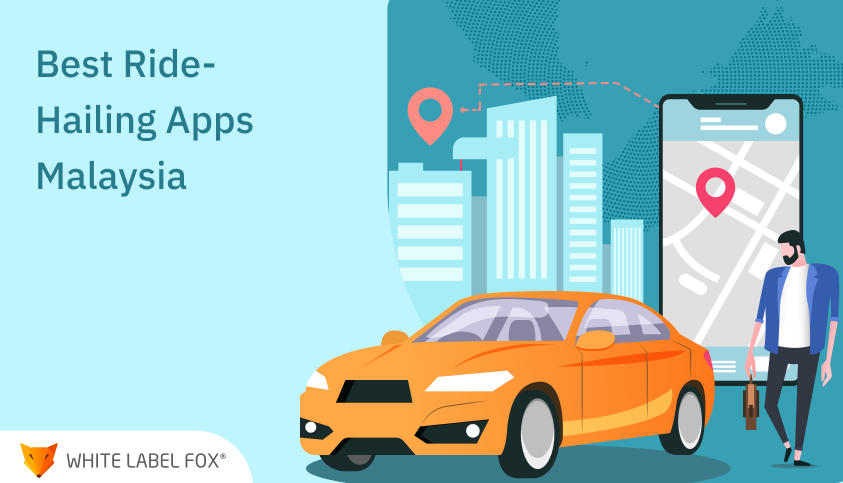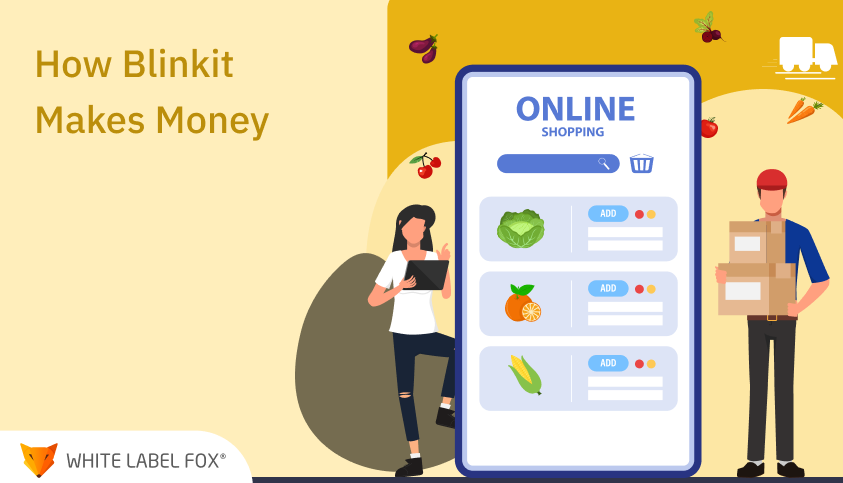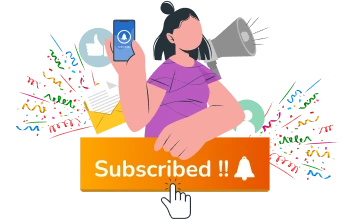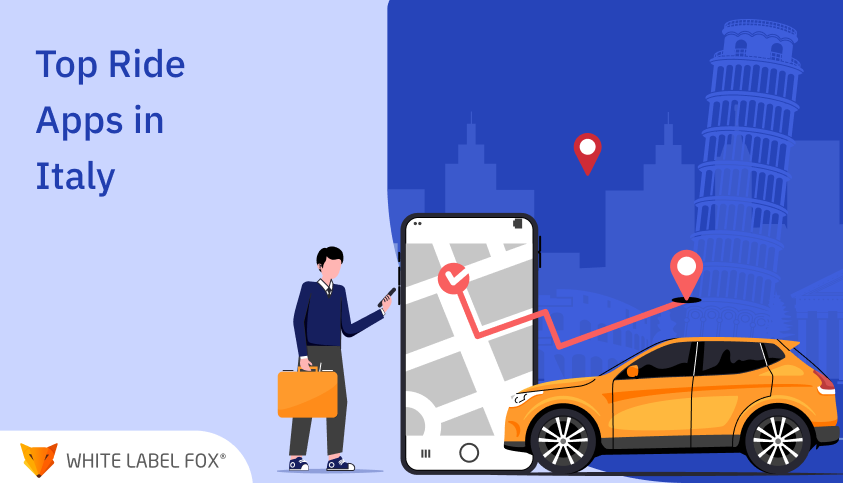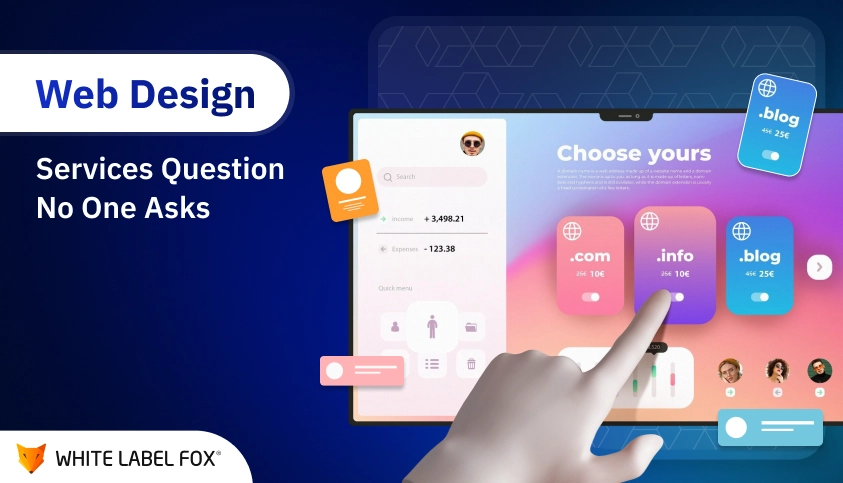From the past few years, way to travel from point A to point B in change due to innovation in technology.
The apps for ride-sharing or ride-hailing like uber have made the thing easier for the user to travel at an affordable cost.
Uber started ride-hailing services based on the concept that simplified transportation and providing useful features with multiple options for travel in the city.
In transportation, taxi services play an important role in the global market. According to Statista, the revenue in the ride-hailing segment amounts to US$183,677m in 2019.
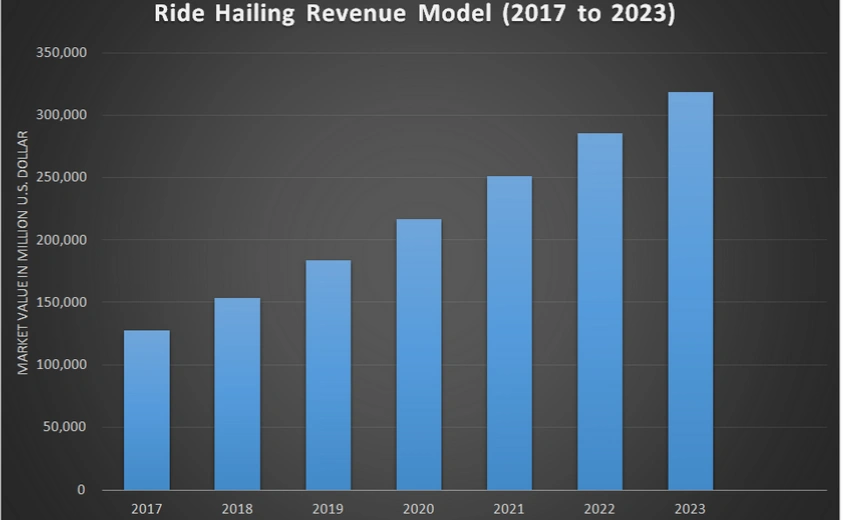
Bus Ticket Booking App
The bus ticket booking app offers an online platform, which connects the passengers to the bus operators. The app allows a user to search, compare and book bus tickets to travel from one place to another.
Online bus ticket booking app allows passengers/user to book bus ticket in advance to travel one city to another.
Using the bus ticket booking app, users can not be standing in the long queues and easily book tickets anywhere or anytime.
Also, the app allows a user to book a bus ticket by choosing a seat, check the seat availability, and schedule the availability by themselves.
If you have an owner of the travel agency or a travel agent, then you should have invested in the bus ticket booking app. We will help you to create your bus ticket booking service app like uber.
The Features of Bus Ticket booking App
For User app
- Registration/login
- Easy Search
- Varieties of filters
- View Bus Details
- View bus price
- Fare calculation
- Online payment options
- View order history
- Use Promo Code
- Notification Via SMS
- Print & Download ticket
- Manage Wallet
- Manage profile
- Give feedback
Travel Agency/owner
- Login
- Manage profile
- Manage bus booking
- Live Tracking
- Sales summary
- Notification & alert
- Manage Ticket Booking
- View review & rating
- Manage the bus route
How much does it Cost to Develop a Bus Booking System?
As it comes to development the main thing is how much does it cost to develop a bus booking app.
The development cost depends on various factors such as features, platforms, and most important thing is that the country where the app is being developed.
If you add basic features in your app the cost many around $15,000 to $20,000 in India. But if you add extra features and develop both Android and the iOS app then the cost many worries.
Why it is important to choose the right bus ticket booking app development company?
If you are interested to develop your bus ticket booking app, that you should choose the best development company. The app development company makes a huge difference in your app development.
The development company experience a bus ticket booking app, then it will deliver the best in class apps. White Label Fox will experience in developing. We will help you to develop your bus booking app as per your customized requirements.
We will develop both Android, iOS and super web admin panel for your bus booking system. If you have any queries regarding our services then contact us for more information.
Frequently Ask Questions
A bus ticket booking app is a digital platform that allows users to
browse available bus routes, check seat availability, and book tickets
for travel, all from their mobile devices or computers. It provides
users with an easy and convenient way to plan their bus journeys and
make reservations in real-time.
Essential features of a bus ticket booking app include:
- User registration and profile management
- Search functionality for routes and buses
- Real-time seat availability
- Multiple payment options
- Booking confirmation and e-ticket generation
- Push notifications and alerts
- Bus route and schedule details
- Ratings and reviews for bus operators
- Admin dashboard for route and booking management
- Live tracking of buses
- User registration and profile management
- Search functionality for routes and buses
- Real-time seat availability
- Multiple payment options
- Booking confirmation and e-ticket generation
- Push notifications and alerts
- Bus route and schedule details
- Ratings and reviews for bus operators
- Admin dashboard for route and booking management
- Live tracking of buses
Revenue can be generated through:
- Booking fees: Charging a nominal fee per booking made
through
the app.
- Commissions from bus operators: Earning a commission on
each
ticket sold through the app.
- Premium features for users: Offering premium services
such as
priority booking, extra luggage, or VIP seats.
- Advertising: Displaying ads from third-party services or
bus-related promotions within the app.
- Booking fees: Charging a nominal fee per booking made through the app.
- Commissions from bus operators: Earning a commission on each ticket sold through the app.
- Premium features for users: Offering premium services such as priority booking, extra luggage, or VIP seats.
- Advertising: Displaying ads from third-party services or bus-related promotions within the app.
Benefits include:
- Convenience: Passengers can easily book tickets from
anywhere, avoiding long queues at ticket counters.
- Real-time updates: Users receive notifications about
schedule changes, bus delays, and seat availability.
- Wider market reach: Bus operators can reach a larger
audience through the app, expanding their customer base.
- Efficiency: The app reduces administrative overhead by
automating ticket bookings, payments, and confirmations.
- Convenience: Passengers can easily book tickets from anywhere, avoiding long queues at ticket counters.
- Real-time updates: Users receive notifications about schedule changes, bus delays, and seat availability.
- Wider market reach: Bus operators can reach a larger audience through the app, expanding their customer base.
- Efficiency: The app reduces administrative overhead by automating ticket bookings, payments, and confirmations.
To ensure accurate schedules and availability:
- Integrate with bus operators’ systems: Collaborate with
bus operators to sync real-time data for routes, schedules, and
seat availability.
- Implement a robust backend system: Use a reliable backend
that updates information instantly whenever changes occur.
- Regular updates: Keep the schedule and route details
updated in the app to prevent any discrepancies or confusion.
- Integrate with bus operators’ systems: Collaborate with bus operators to sync real-time data for routes, schedules, and seat availability.
- Implement a robust backend system: Use a reliable backend that updates information instantly whenever changes occur.
- Regular updates: Keep the schedule and route details updated in the app to prevent any discrepancies or confusion.
To ensure smooth payments:
- Integrate trusted payment gateways: Use secure and
widely-used payment gateways such as PayPal, Stripe, or Google
Pay to process payments.
- Offer multiple payment options: Provide users with
several options like credit/debit cards, wallets, net banking,
and cash on delivery.
- Data encryption: Implement end-to-end encryption to
protect user payment data.
- Payment confirmation: Send instant payment confirmation
and receipts via email or SMS to the users.
- Integrate trusted payment gateways: Use secure and widely-used payment gateways such as PayPal, Stripe, or Google Pay to process payments.
- Offer multiple payment options: Provide users with several options like credit/debit cards, wallets, net banking, and cash on delivery.
- Data encryption: Implement end-to-end encryption to protect user payment data.
- Payment confirmation: Send instant payment confirmation and receipts via email or SMS to the users.
Marketing strategies include:
- Search engine optimization (SEO): Optimize your website
and app
for relevant keywords to rank higher in search results.
- Social media marketing: Promote the app on platforms like
Instagram, Facebook, and Twitter, showcasing the convenience of
booking bus tickets through the app.
- Referral programs: Offer rewards for users who refer
others to
use the app.
- Local ads and partnerships: Partner with local bus
operators and
use targeted ads to increase downloads and usage.
- Search engine optimization (SEO): Optimize your website and app for relevant keywords to rank higher in search results.
- Social media marketing: Promote the app on platforms like Instagram, Facebook, and Twitter, showcasing the convenience of booking bus tickets through the app.
- Referral programs: Offer rewards for users who refer others to use the app.
- Local ads and partnerships: Partner with local bus operators and use targeted ads to increase downloads and usage.
Technical challenges include:
- Handling high traffic: The app must be capable of
handling heavy traffic, especially during peak travel times.
- Real-time data syncing: Ensuring real-time syncing of bus
schedules, seat availability, and payment processing across
different devices.
- User experience: Developing a user-friendly interface
that’s intuitive and easy to navigate for users of all ages.
- Ensuring security: Protecting sensitive user data such as
personal information and payment details is crucial.
- Handling high traffic: The app must be capable of handling heavy traffic, especially during peak travel times.
- Real-time data syncing: Ensuring real-time syncing of bus schedules, seat availability, and payment processing across different devices.
- User experience: Developing a user-friendly interface that’s intuitive and easy to navigate for users of all ages.
- Ensuring security: Protecting sensitive user data such as personal information and payment details is crucial.
The future of bus ticket booking apps is promising, with trends such as:
- Integration with AI and chatbots: Using AI-powered
chatbots to assist users with booking, cancellations, and
inquiries.
- Eco-friendly transportation: Integrating with green or
electric bus services to cater to environmentally-conscious
customers.
- Subscription services: Offering customers a subscription
model with benefits like discounted fares or priority booking.
- Mobile wallet integration: Supporting digital wallets and
cryptocurrency for faster payments.
- Integration with AI and chatbots: Using AI-powered chatbots to assist users with booking, cancellations, and inquiries.
- Eco-friendly transportation: Integrating with green or electric bus services to cater to environmentally-conscious customers.
- Subscription services: Offering customers a subscription model with benefits like discounted fares or priority booking.
- Mobile wallet integration: Supporting digital wallets and cryptocurrency for faster payments.

